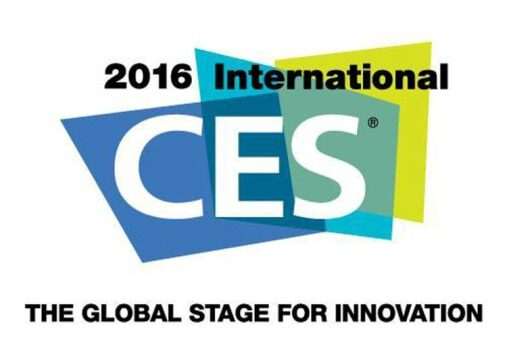Online healthcare startups and direct-to-consumer companies are on the rise. The future of healthcare, an extremely complicated and massive industry, is moving towards more individualized options. In 2017, New York City-based healthcare startups raised $703 million in venture capital, according to Modern Healthcare. Healthcare startups like
Audicus allow customers to personalize their healthcare needs and circumvent the messy and expensive healthcare bureaucracy. Check out these 5 healthcare startups to watch in 2018.
Warby Parker: The Direct-to-Consumer Pioneer
If you’re not already familiar with Warby Parker, you will be: the company started in 2010 and essentially pioneered the direct to consumer healthcare model. Warby Parker sells eyewear, mainly prescription eyeglasses and sunglasses. The company offers an
at-home trial period in which customers can pick up to 5 different frames to try for free.
Warby Parker also employs a “buy one, give one” model, where for each pair purchased, the company donates a pair of glasses to an eyewear non-profit. The company is currently valued at over 1 billion dollars.
Audicus: Reimagining Hearing Health
Audicus was created in 2012 to bring
high-quality, affordable hearing technology to those who need it most. Most insurance does not cover hearing aids, which cost an average of $5,000 at the audiologist. By
partnering directly with manufacturers, customers save thousands per pair, by buying online, without sacrificing quality.
Last year, Audicus created the first Online Hearing Test, accurate enough to program custom hearing aids, no doctor needed. For the first time, someone can get custom hearing aids in 15 minutes from home. Those lacking insurance, mobility or access to a doctor can now get a custom hearing solution as well as unlimited support to a team of experts.
With a mission of making it easy, accessible, and affordable to hear, Audicus has helped tens of thousands of ears, saved customers over $50 million, and is pioneering the way hearing health is done with the customer's needs at the center.
Orthly: Making Stellar Smiles Attainable
Orthly began with a simple problem: braces are expensive.
Way too expensive in many cases, including for founder Patrick Lee. Patrick decided to set up a new business model for the orthodontia industry.
Orthly aims to eliminate multiple visits to the orthodontist by creating custom aligners after a single visit. There are no follow-up visits (unless necessary), cutting down on dental costs. The company uses an app to connect customers with nearby dental practices who conduct scans, X-rays, and photos for only $18. The app also provides a 3D model of what your teeth will look like after using the aligners.
Modern Fertility: An Affordable and Simple Alternative
Started by 2 women curious about their own fertility,
Modern Fertility brings at-home fertility testing to women who want it. While fertility testing in doctor’s offices can cost over a thousand dollars, Modern Fertility offers it for $149. The company understands the importance of simplicity when explaining fertility hormones to their customers and aims to provide clear test results.
There is a growing trend of women waiting longer to have children and thus fertility is a burgeoning concern. Modern Fertility allows women to take the first step in taking control of their fertility and health timeline.
AliveCor: The Heart-Focused Healthcare Startup
According to U.S. News & World Report, over 4 million Americans suffer from arrhythmia, or irregular heartbeats. This can be potentially fatal. Healthcare startup
AliveCor has created a device to track a user’s heartbeat.
AliveCor sells a mobile EKG monitor called Kardia, which can capture a medical-grade EKG in 30 seconds. You can measure your heartbeat and determine if you might be in danger of a medical emergency, anywhere. Kardia is FDA-approved and also comes in the form of an Apple Watch band. The device is paired with an app that displays the EKG results instantly. If you suffer from irregular heartbeat or other cardiovascular issues, Kardia could save your life.
By: Elena McPhillips
References:
Modern Healthcare,
U.S. News & World Report



